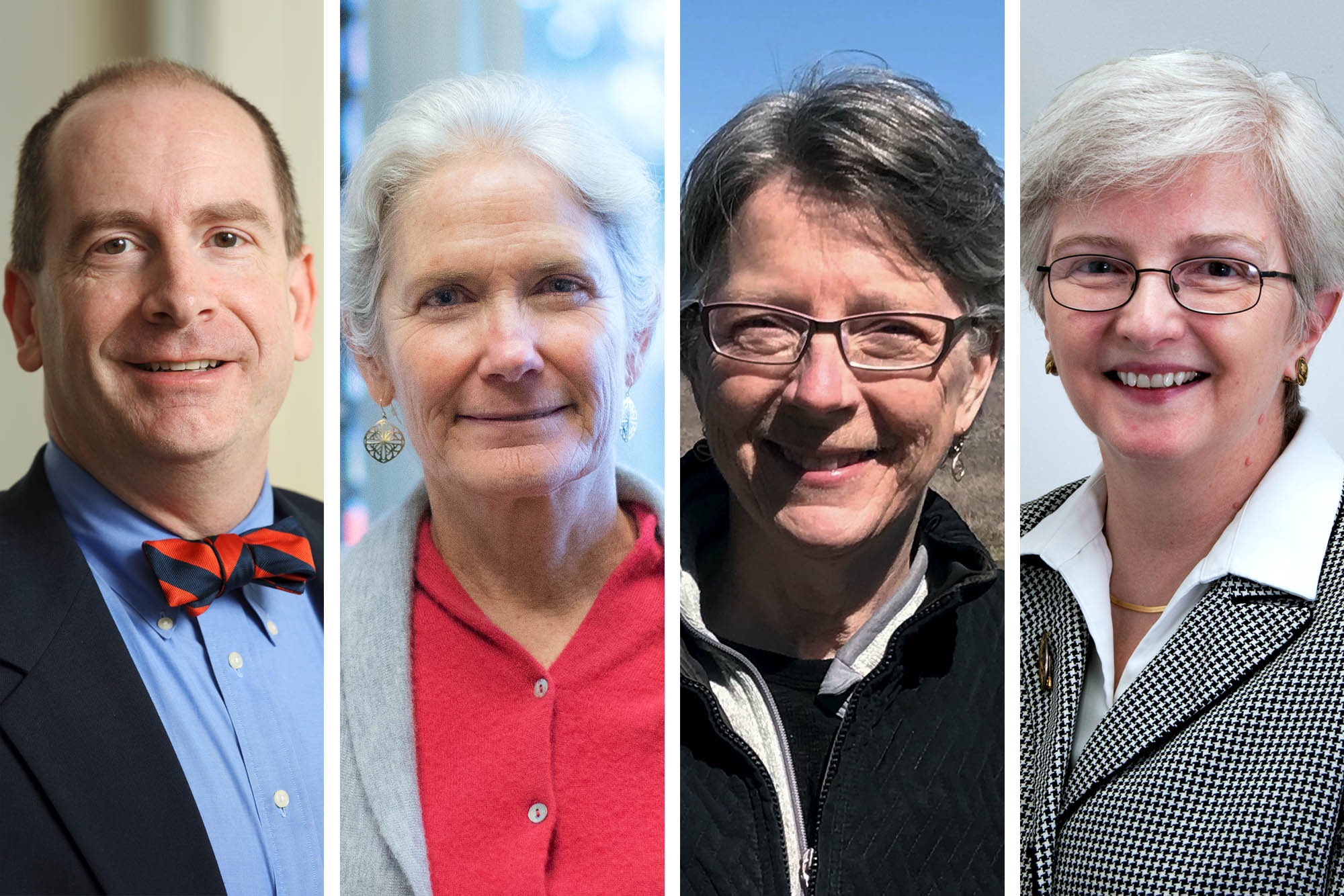The American Association for the Advancement of Science has named four University of Virginia professors among its 2020 class of fellows. Election as a fellow is an honor bestowed upon AAAS members by their peers.
The honored faculty members are: James H. Lambert, professor of engineering systems and environment and director of the Center for Risk Management of Engineering Systems; Angeline Lillard, professor of psychology and director of UVA’s Early Development Lab; Karen Hunger Parshall, professor of history and mathematics; and Patricia L. Wiberg, professor of environmental sciences.
Their elections bring to 42 the number of UVA faculty members named as AAAS fellows. The recognition is regarded as a prestigious distinction among scientists. The world’s largest general scientific society and publisher of the prestigious journal Science and other prominent journals, AAAS was founded in 1848 and includes nearly 250 affiliated societies and academies of science serving 10 million individuals.
According to the AAAS announcement, Lambert was elected a fellow for “distinguished contributions to the field of risk analysis, particularly using systems engineering tools to address critical infrastructure risk and resilience,” which refers to the ability of systems to continue functioning despite crises and disruptions.
Throughout his nearly 25 years at UVA, Lambert’s scholarship and involvement in risk and resilience analysis in international forums have made him a world leader in his field. He invented the application of scenario‐based preferences (evaluating the disruption of a system’s priorities by emergent and future conditions) in risk and resilience analysis for science‐based policymaking.
In addition to serving as director of the Center for Risk Management of Engineering Systems, Lambert directs the UVA site of the National Science Foundation Center for Hardware and Embedded Systems Security and Trust, a capacity in which he is seeking funding to apply his expertise in supply chain logistics and security to support worldwide distribution of COVID-19 vaccines. His work has been applied across the globe to disaster resilience, energy infrastructure, coastal protection, economic development, transportation, worldwide container freight systems, biofuels, wireless broadband for public safety and Olympics planning.
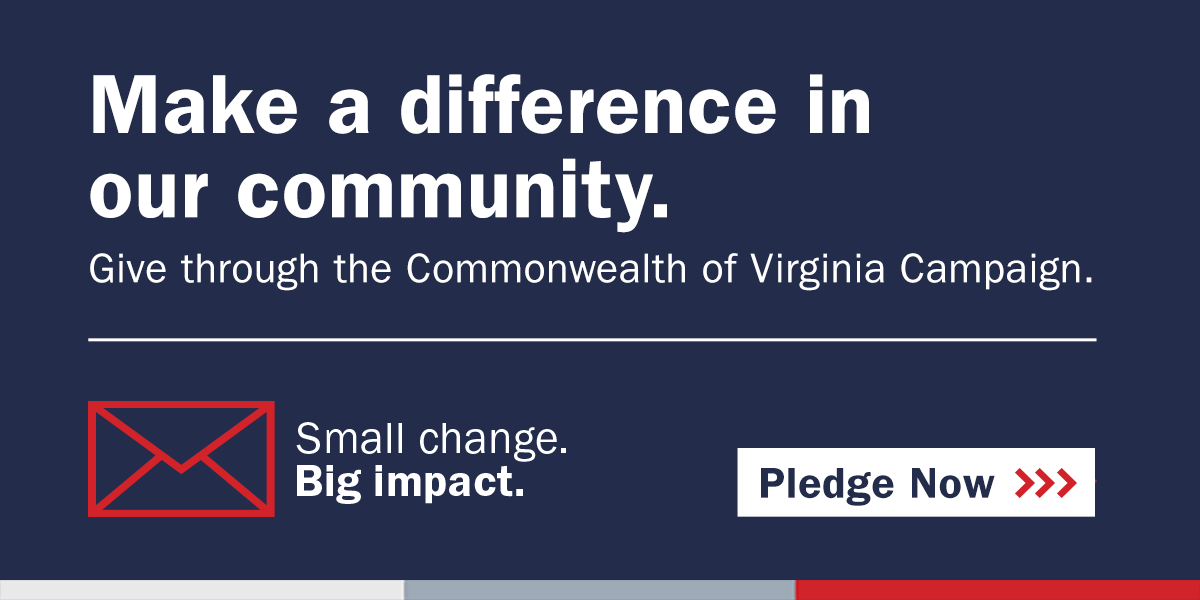
Lambert has led more than 60 sponsored projects totaling more than $25 million in research funding, and is principal investigator in eight active UVA projects. A fellow of the Society for Risk Analysis, the American Society of Civil Engineers and the Institute of Electrical and Electronics Engineers, Lambert has been a lead organizer and contributor to conferences in the United States and abroad. In 2019, he chaired the Fifth World Congress on Risk, convening more than 300 scientists in Cape Town, South Africa.
The AAAS recognized Lillard for her “distinguished contributions to developmental science in theory of mind, children’s play, and education, and particularly for establishing the scientific basis of Montessori schooling.”
An expert in Montessori education, Lillard said her longtime goal as a researcher has been to help all children flourish to their full potential. In that effort, Lillard discovered how century-old Montessori education methods are validated by modern developmental science. Studying these methods in public schools, where children were randomly assigned to high-fidelity Montessori programs or attended other – often traditional – programs, she found the Montessori approach led to better outcomes.
In 1999, the American Psychological Association presented her its Boyd McCandless Award, which recognizes young scientists who have made distinguished contributions to developmental psychology. Lillard also has been named a fellow of the APA and the Association for Psychological Science and was a James McKeen Cattell Sabbatical Fellow.
Her 2017 book, “Montessori: The Science Behind the Genius,” won the Cognitive Development Society Book Award. Today, she and her collaborators study optimal educational environments for whole child development, and are in the process of establishing, with UVA’s Equity Center and community partners, a research-based child care center for low-income Charlottesville families.
The AAAS recognized Parshall for her “outstanding contributions to the history of mathematics, combined with extraordinary service to the mathematical and historical sciences.”
As Commonwealth Professor of History and Mathematics at UVA, Parshall holds joint appointments in those departments within the College and Graduate School of Arts & Sciences. The author of four books, one monograph, four co-edited volumes and more than 50 research papers, Parshall has focused her research on two primary themes: the evolution of mathematics in the United States and the history of algebra. Her forthcoming book, “The American Mathematical Research Community, 1920-1950: A New Era in the Development of Our Science,” will be published in 2021 by Princeton University Press.
Since the 1990s, she has been actively involved with Historia Mathematica, an international journal for the history of mathematics, and also served as a member of the councils of the American Mathematical Society and of the History of Science Society. In January, she will begin a five-year term as co-editor-in-chief of The Mathematical Intelligencer, a general-interest journal that treats mathematics and mathematicians as well as the history and culture of mathematics. Parshall’s research has been supported by both the John Simon Guggenheim Foundation and the National Science Foundation’s Program for Visiting Professorships for Women. In 2018, she was honored with the American Mathematical Society’s Albert Leon Whiteman Memorial Prize in the history of mathematics.
“I am deeply honored that the American Association for the Advancement of Science has honored my work by naming me one of its fellows,” Parshall says. “It is humbling to think that I now share this honor with some of the seminal 19th- and 20th-century figures – Eliakim Hastings Moore and Oswald Veblen, among others – whose contributions to American mathematics have been the focus of so much of my research.”
The AAAS recognized Wiberg for “distinguished contributions to understanding the causes and consequences of sediment movements in aquatic systems.”
An oceanographer, she studies the processes that create and maintain coastal environments such as salt marshes and tidal flats, and the effects of disturbance (storms, sea-level rise, temperature increases) on those environments. Most of Wiberg’s ongoing work is related to UVA’s long-term research program in the coastal barrier-bay system on Virginia’s Eastern Shore. Her research has been published in a variety of scientific journals, including Oceanography, Continental Shelf Research and Earth-Science Reviews.
“The notification from AAAS took me totally by surprise,” Wiberg said. “I am honored to have been selected as a fellow and am truly grateful to the colleagues who nominated me, knowing how much time and effort goes in to putting together a successful nomination.”
This year, AAAS elected 489 members. Their names were formally announced in the Nov. 27 issue of Science. A virtual induction ceremony for the new fellows will be held Feb. 13.
— Lorenzo Perez and Jennifer McManamay
Biophysicist Elected as Society Fellow
Lukas Tamm, chair of the Department of Molecular Physiology and Biological Physics in the School of Medicine, is among eight new fellows of the American Biophysical Society, who will be inducted during the society’s 65th annual meeting, to be held online in February.
Six of the new fellows are based in the U.S., with one from Germany and one from Israel.
In its announcement, the society cited Tamm’s “impactful contributions to our understanding of the structural biology and functional biophysics of cell membranes and membrane proteins.”
Tamm joined the UVA faculty in 1990, and is currently the Andrew P. Somlyo Distinguished Professor in Molecular Physiology. He directs UVA’s Center for Membrane and Cell Physiology, which comprises approximately 40 tenured and tenure-track faculty who are affiliated with eight departments in the School of Medicine, the College and Graduate School of Arts & Sciences and the School of Engineering and Applied Science.
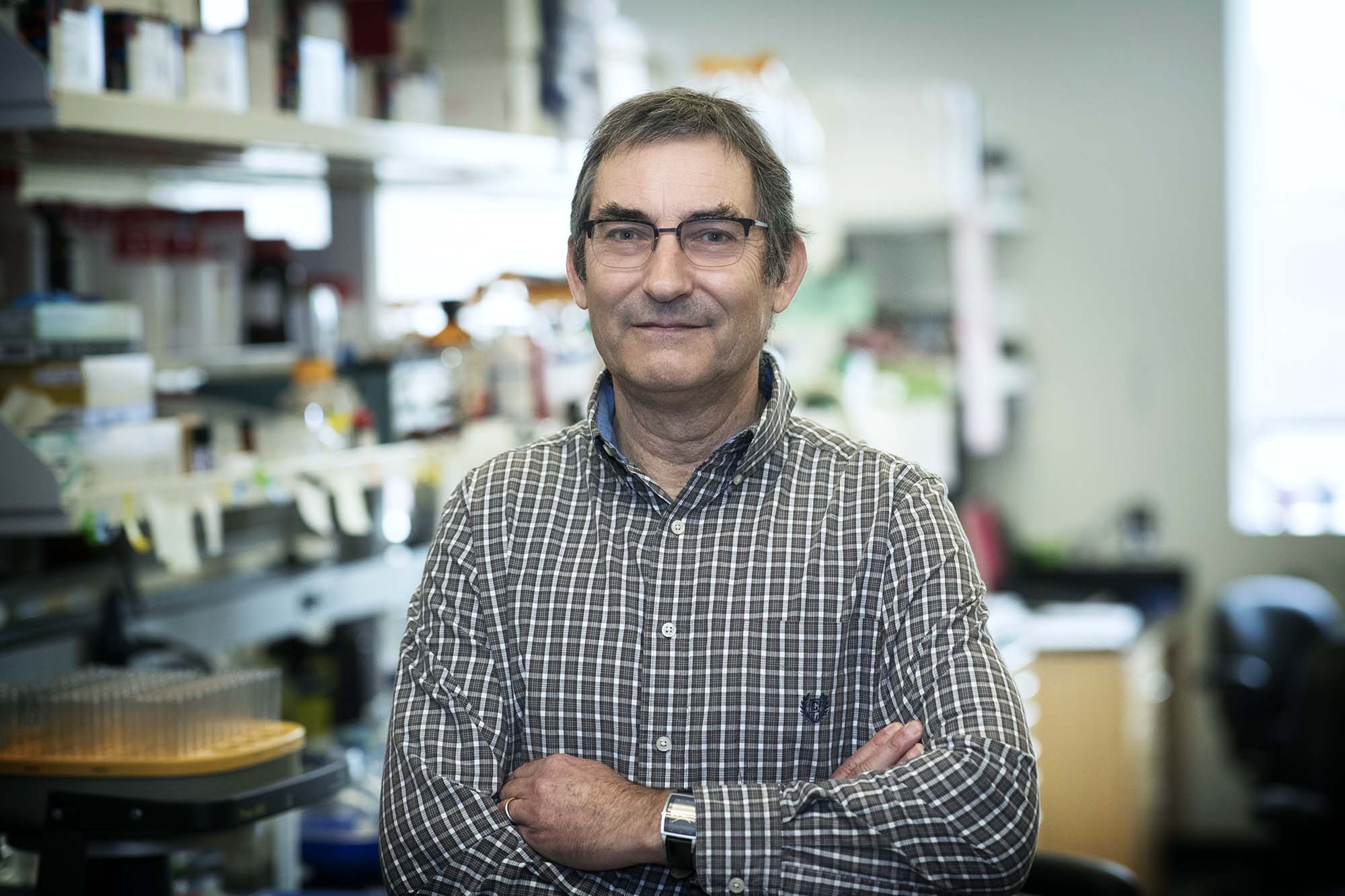
Lukas Tamm is one of eight new fellows – hailing from three countries – of the American Biophysical Society. (Photo by Dan Addison, University Communications)
Tamm’s research interests include studies on virus entry into cells by membrane fusion, neurotransmitter release at synapses by exocytosis of synaptic vesicles at nerve termini, and the study of the structures of bacterial outer membrane transporters by nuclear magnetic resonance imaging.
Tamm has trained 20 graduate students and 26 postdoctoral research associates, many of whom hold academic positions in the U.S. and abroad. Many others are employed as research scientists or directors of research in pharmaceutical and biotech companies or work in the public sector.
Tamm received the Humboldt Research Award from the Humboldt Society and in 2018 was elected a fellow of the American Association for the Advancement of Science.
He has published more than 170 research and review articles and edited a book on protein-lipid interactions. He also guest-edited several special journal issues, and served as an associate editor of Biophysical Journal and as a member of the editorial boards of several other biological sciences journals.
UVA Receives Highest National Honor for Nursing Care
The UVA Medical Center has again earned Magnet recognition – the highest national honor for nursing practice – from the American Nurses Credentialing Center, for delivering superior, high-quality and innovative nursing care to patients. Only about 10% of U.S. hospitals have earned Magnet recognition.
“I am amazed at the incredible effort given by our nursing teams, especially over the last several months as we have dealt with the COVID-19 pandemic,” said Dr. K. Craig Kent, UVA’s executive vice president for health affairs. “Magnet recognition is a testament to the highest level of care our team provides.”
UVA was recognized following an in-depth review that included a virtual visit by four American Nurses Credentialing Center surveyors and a written application highlighting UVA’s commitment to Magnet standards and how UVA nurses have improved patient care since UVA received its most recent designation in 2015.
“I am so proud of everyone here at UVA and their contributions to this honor,” said Wendy Horton, chief executive officer of UVA Medical Center. “It is really extraordinary to see the excellent nursing care provided at UVA Health each and every day.”

UVA Health is among just 10% of American hospitals to receive a Magnet designation for nursing care. (Photo by Sanjay Suchak, University Communications)
Magnet standards include methods to measure and improve the quality of care and the quality of nursing leadership. Studies of hospitals with Magnet recognition have shown they have a lower risk of 30-day patient mortality and higher patient satisfaction, according to the American Nurses Credentialing Center.
“Our nursing team did an incredible job during the four-day Magnet site visit of demonstrating how we provide evidence-based, excellent care for our community,” said Jennifer T. Hall, UVA’s Magnet program coordinator.
Mary Dixon, UVA’s chief nursing officer, thanked colleagues from throughout the health system for their help in earning Magnet recognition.
“This award really speaks to the interprofessional collaboration at UVA and a culture of clinical excellence within our organization,” she said. “Our team is making a difference every day for our patients.”
UVA Among Nation’s Leaders for Short-Term Study Abroad
UVA is in the top 12 U.S. universities for short-term study abroad programs, according to the annual Open Doors report released Nov. 16 by the Institute of International Education, a New York-based nonprofit.
The University had 2,431 U.S. students in 67 countries earning credit in education-abroad programs in 2018-19, including 1,980 students who studied abroad in short-term courses. UVA was ranked 20th in the nation for all credit-bearing, study-abroad courses.
“In a year of unprecedented challenges as a result of the COVID-19 pandemic, it’s extraordinarily gratifying to see that UVA remains a national leader in supporting education-abroad opportunities for its students,” Steve Mull, UVA’s vice provost for global affairs, said.
Since the start of COVID-19 earlier this year, opportunities for students, faculty and staff to travel internationally have been put on hold, but global engagement has continued in earnest with many virtual opportunities.
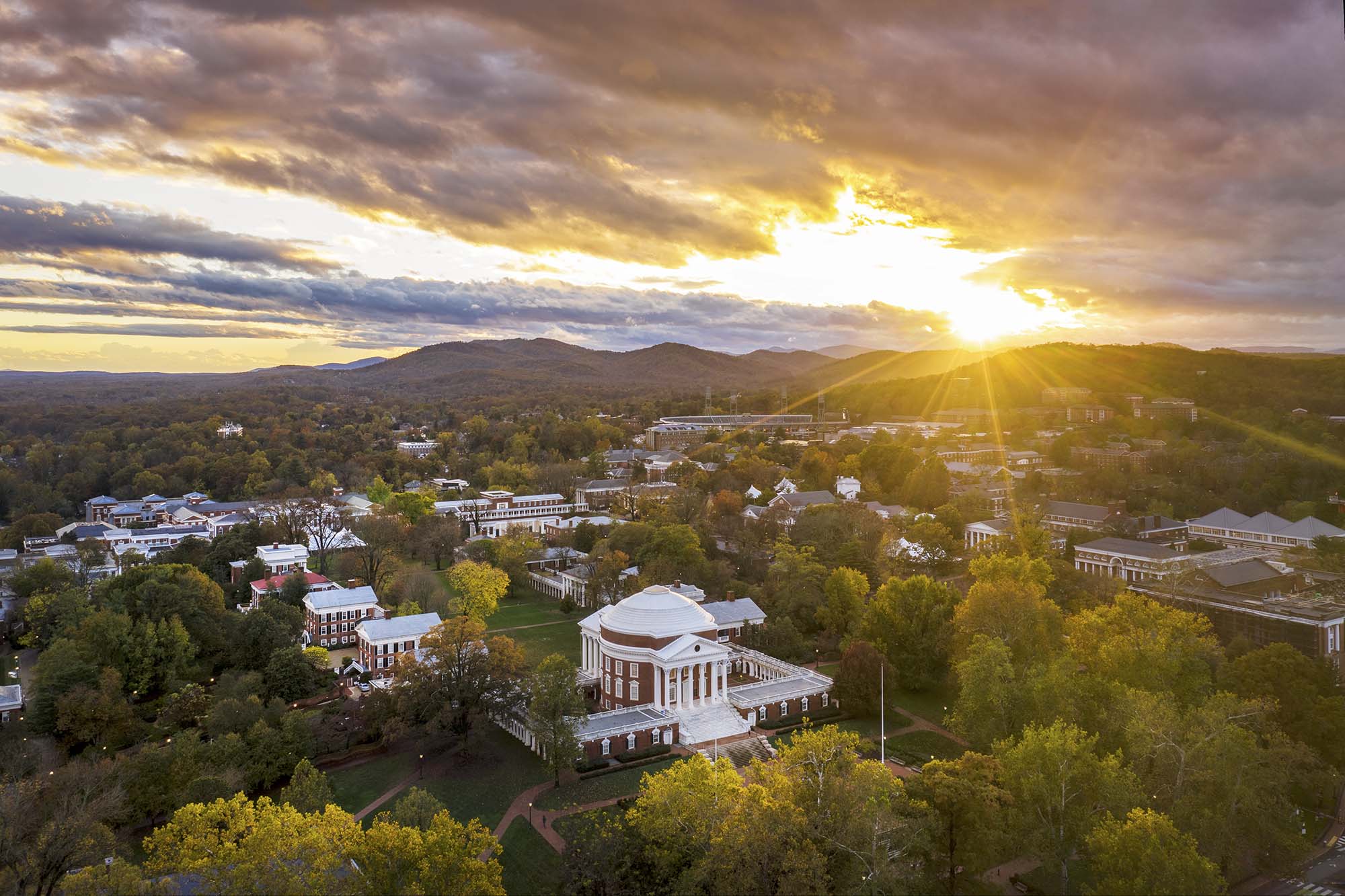
Despite the pandemic and its effects on travel, UVA’s study-abroad programs – and its hosting of international students – have received national acclaim. (Photo by Sanjay Suchak, University Communications)
“As we get beyond the pandemic, I hope in the coming year, we plan to come back stronger with an even greater menu of study abroad opportunities for all our students,” Mull said. “We continue to work on the University’s strategic objective of providing every one of our students with at least one global experience before graduation.”
The Open Doors report, commissioned by the U.S. State Department, is the most complete census of education abroad in the United States; however, the study does not provide a total count of UVA students who have gone overseas.
Not included in the report are students who are not U.S. citizens. Also excluded are those who go abroad for non-credit educational experiences, such as internships, volunteer projects, research and performances. After adding all those students, 3,122 UVA students experienced study abroad in 2018-19, according to Mull’s office.
The Open Doors report also tracks international students coming to the U.S. higher education institutions. For the year 2019-20, UVA had 3,060 international students, while the Commonwealth of Virginia had more than 20,000 international students at the various higher education institutions.
According to the IIE report, these students contributed $717,478,309 to Virginia’s economy, helping create 2,600 jobs in Virginia and 1,698 at UVA in 2019.
Foundation Lauds Petri, ‘Consummate Physician-Scientist and Leader’
The National Foundation for Infectious Diseases will honor Dr. William A. Petri Jr. for his “significant and lasting contributions to public health.”
Petri, vice chair for research and former chair of the Division of Infectious Diseases and International Health in UVA’s Department of Medicine, will receive the 2021 Maxwell Finland Award for Scientific Achievement, in recognition of his seminal discoveries of the mechanisms that gut microbes use to evade and exploit the microbiota and mucosal immune system, leading to innovative approaches to diagnose and treat diarrheal diseases and prevent their collateral damage on child growth and development.
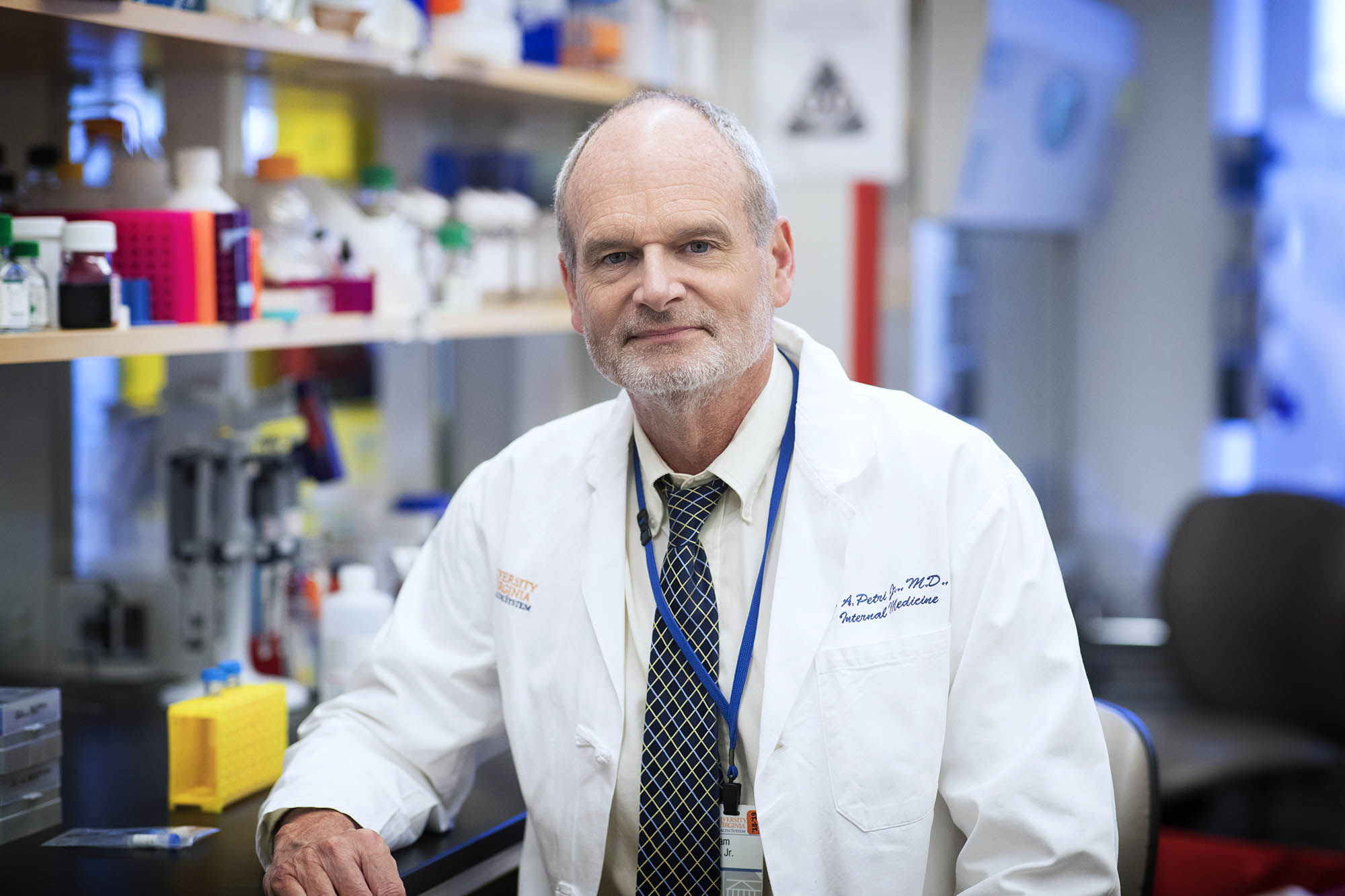
Dr. William A. Petri has spent his career investigating the mechanisms that gut microbes use to evade and exploit the microbiota and mucosal immune system. (Photo by Dan Addison, University Communications)
Petri is an internationally renowned scientist and a pioneer in the study of enteric infections. Amidst the COVID-19 pandemic, he has discovered in humans an immune response that is associated with severe SARS-CoV-2 infection and has gone on to demonstrate the potential for immunotherapy in a mouse model.
In presenting the Finland Award, “NFID recognizes his role as the world’s premier investigator on diarrhea, as well as a consummate physician-scientist and leader,” according to the announcement.
“Bill ideally personifies the lifelong dedication to outstanding research, patient care, and teaching that Dr. Finland so exemplified,” said Dr. Richard L. Guerrant of UVA’s Center for Global Health.
WTJU Wins Three 2020 Virginia Broadcasting Awards
The Virginia Association of Broadcasters has announced winners of its 2020 broadcasting awards, and UVA’s community radio station, WTJU, captured three first-place awards – the most since 2017.
WTJU’s winning entries were:
- Best Station Promo: “I Can’t Find WTJU,” written and acted by Don Harrison and Erin O’Hare, and produced by Lewis Reining.
- Best Public Services / Community Event: “WTJU Summer Camps” (producer Mary Garner McGehee, camp coordinator Lewis Reining).
- Outstanding Feature Reporting: “Charlottesville Corner Live Music Scene,” produced by Sabrina Moore.
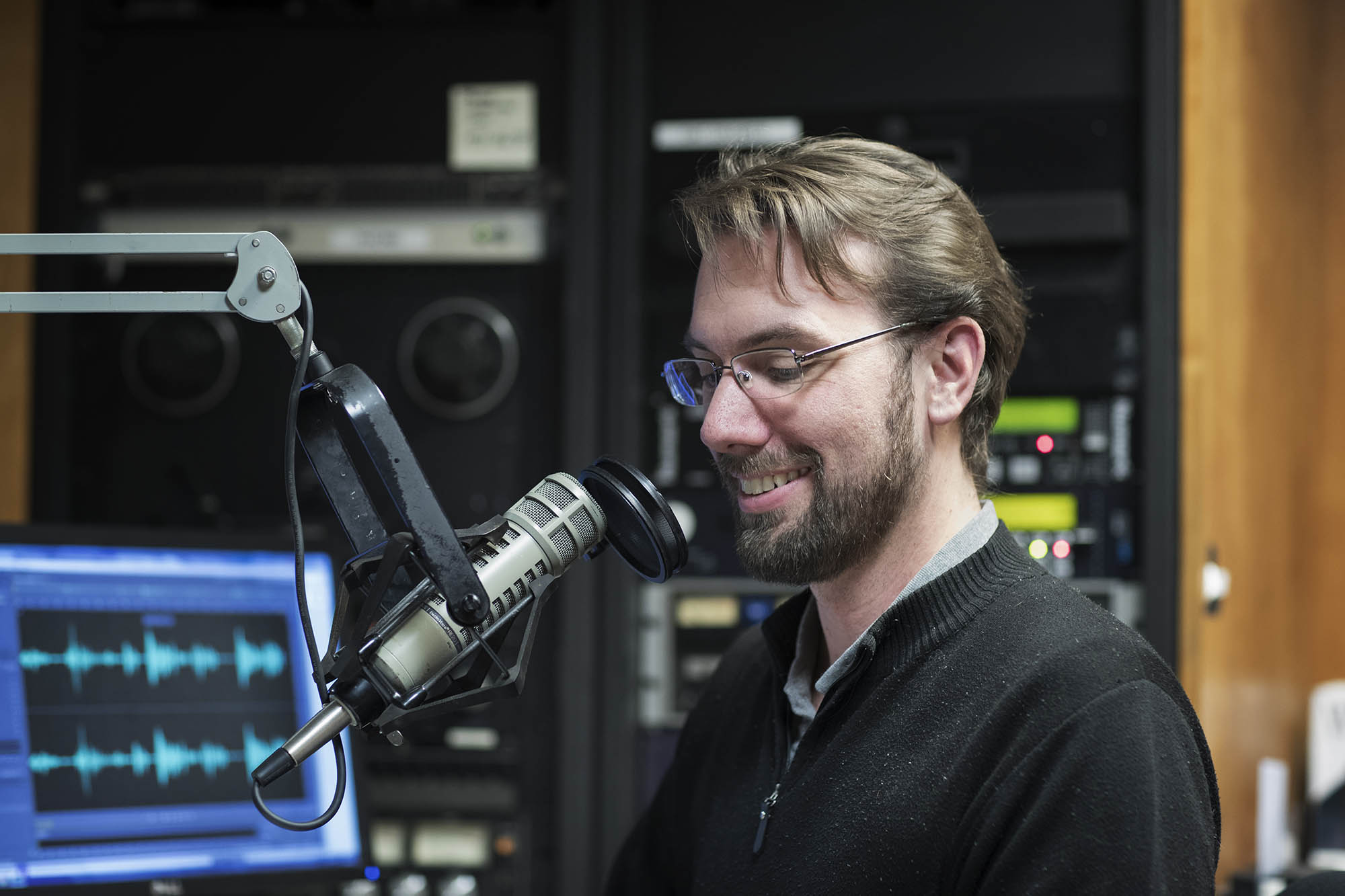
WTJU’s general manager, Nathan Moore, saw one of his radio journalism students win a statewide award for her first report. (Photo by Dan Addison, University Communications)
“We have a remarkable team at WTJU, and we make radio because we love serving our community,” Nathan Moore, general manager of WTJU, said. “That said, it always feels really good to be recognized by our peers in broadcasting.
“That Sabrina’s piece won is particularly remarkable. This was her first-ever radio piece, which she produced as a fourth-year UVA student enrolled in my J-term class this year.”
The winning pieces can be heard online at wtju.net/2020awards.
Media Contact
Article Information
November 30, 2020
/content/accolades-prestigious-science-organization-recognizes-4-more-professors-fellows

